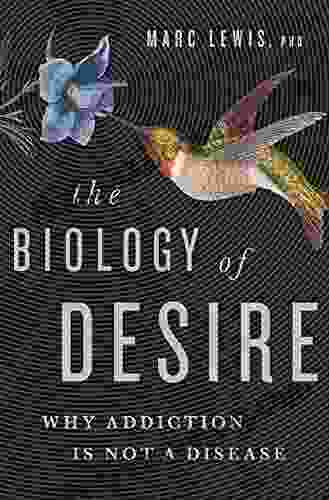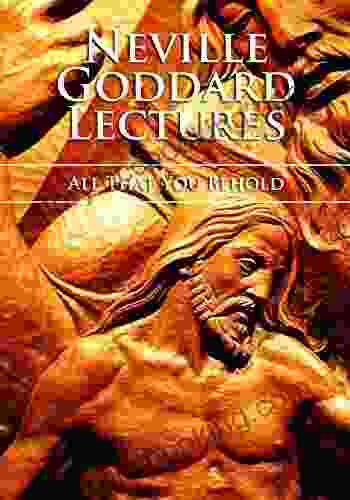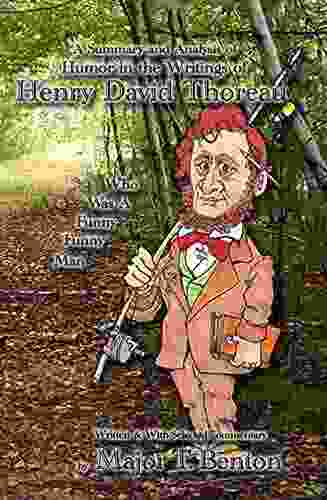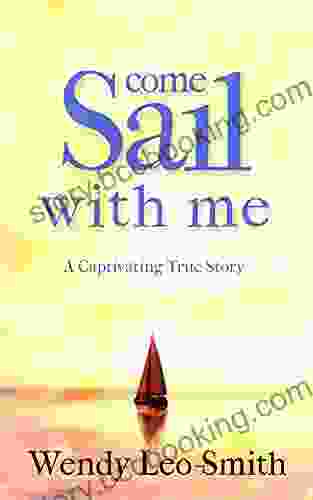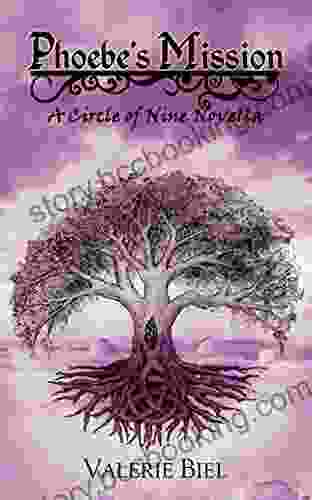Unleashing the Power of Desire: A Journey into the Biology of Human Want

In the realm of human experience, desire stands as an enigmatic force, driving our actions, fueling our dreams, and shaping the very fabric of our lives. From the primal instinct for survival to the yearning for love and fulfillment, desire exerts an undeniable influence on our thoughts, emotions, and behavior.
In his groundbreaking book, "The Biology of Desire: A New Model of Motivation, Feeling, and Behavior," Dr. Donald Symons delves into the intricate tapestry of biological processes, psychological mechanisms, and environmental influences that shape our desires.
4.6 out of 5
| Language | : | English |
| File size | : | 2857 KB |
| Text-to-Speech | : | Enabled |
| Screen Reader | : | Supported |
| Enhanced typesetting | : | Enabled |
| X-Ray | : | Enabled |
| Word Wise | : | Enabled |
| Print length | : | 256 pages |
Unlocking the Secrets of Motivation
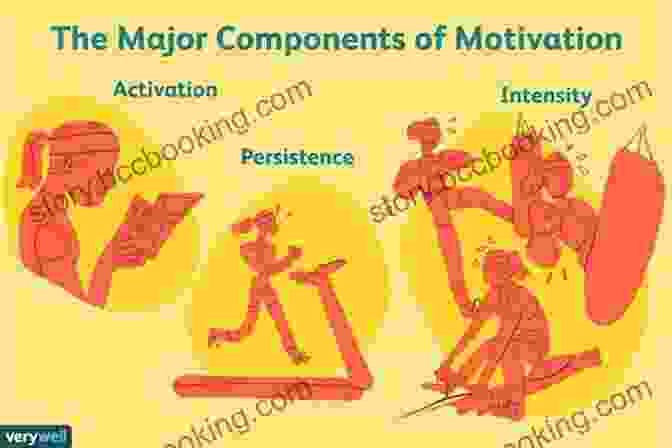
At the core of "The Biology of Desire" lies a revolutionary model of motivation, one that challenges traditional psychological theories. Symons argues that desire is not simply a passive response to external stimuli or a product of our conscious thoughts. Rather, it is an active, goal-oriented force that drives us toward specific outcomes.
This model of motivation posits that we are born with a set of innate desires, or "drives," that guide our behavior from infancy onward. These drives include the desire for survival, reproduction, and social connection. As we mature, our drives become more complex and refined, influenced by our experiences, learning, and cultural context.
The Neurochemistry of Desire
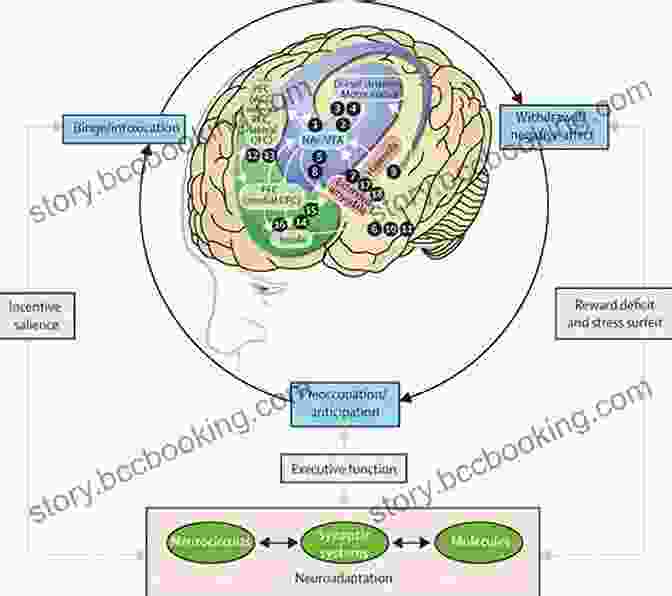
Symons also explores the role of neurochemistry in shaping our desires. He explains that specific brain regions and neurotransmitters are involved in the processing and regulation of desire. For instance, the release of dopamine is associated with feelings of pleasure and reward, while the release of serotonin is associated with emotional regulation and mood.
By understanding the neurochemical basis of desire, we gain a deeper insight into how our bodies contribute to our subjective experiences and motivations.
Environmental Influences on Desire

While our innate drives and neurochemistry play a crucial role in shaping our desires, Symons also emphasizes the profound influence of our environment.
Our culture, social norms, and personal experiences can shape our desires in countless ways. For instance, cultural expectations can influence our aspirations for status, wealth, or romantic relationships. Similarly, traumatic or stressful experiences can alter our risk-taking behavior and our desire for safety and security.
The Evolution of Desire
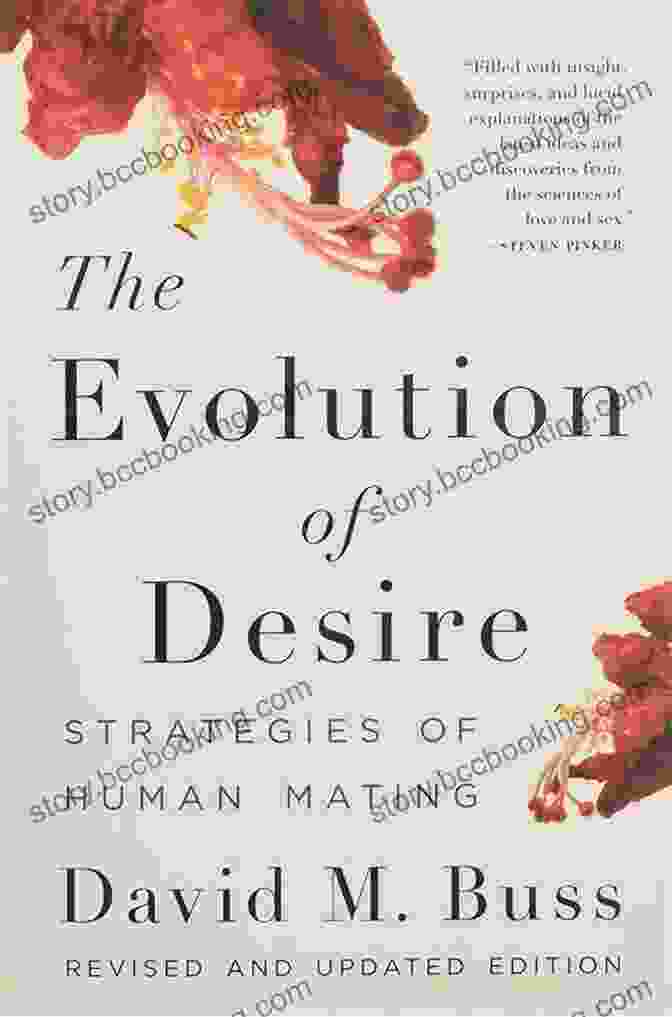
To fully appreciate the significance of desire, Symons delves into its evolutionary origins. He argues that our desires have evolved over millennia as a means of ensuring our survival and reproduction.
The desire for food, for instance, has been essential for our species' ability to thrive. Similarly, the desire for social connection has facilitated cooperation and protection within groups. By understanding the evolutionary roots of our desires, we can gain a deeper appreciation for their adaptive value.
"The Biology of Desire" is a groundbreaking work that revolutionizes our understanding of human motivation, emotion, and behavior. By unraveling the intricate tapestry of biological processes, psychological mechanisms, and environmental influences that shape our desires, Symons provides a comprehensive and thought-provoking framework for exploring the deepest yearnings of the human heart.
Whether you are a scientist, a student, or simply someone fascinated by the complexities of human nature, "The Biology of Desire" is an essential read. It will challenge your assumptions, expand your perspectives, and ultimately lead you to a deeper understanding of yourself and the world around you.
4.6 out of 5
| Language | : | English |
| File size | : | 2857 KB |
| Text-to-Speech | : | Enabled |
| Screen Reader | : | Supported |
| Enhanced typesetting | : | Enabled |
| X-Ray | : | Enabled |
| Word Wise | : | Enabled |
| Print length | : | 256 pages |
Do you want to contribute by writing guest posts on this blog?
Please contact us and send us a resume of previous articles that you have written.
 Book
Book Novel
Novel Page
Page Chapter
Chapter Text
Text Story
Story Genre
Genre Reader
Reader Library
Library Paperback
Paperback E-book
E-book Magazine
Magazine Newspaper
Newspaper Paragraph
Paragraph Sentence
Sentence Bookmark
Bookmark Shelf
Shelf Glossary
Glossary Bibliography
Bibliography Foreword
Foreword Preface
Preface Synopsis
Synopsis Annotation
Annotation Footnote
Footnote Manuscript
Manuscript Scroll
Scroll Codex
Codex Tome
Tome Bestseller
Bestseller Classics
Classics Library card
Library card Narrative
Narrative Biography
Biography Autobiography
Autobiography Memoir
Memoir Reference
Reference Encyclopedia
Encyclopedia Maggie Kline
Maggie Kline Louis Liebenberg
Louis Liebenberg Sarah Culberson
Sarah Culberson Marcel Cartier
Marcel Cartier Margaret Mayo
Margaret Mayo P J Richards
P J Richards Marcelo Hernandez Castillo
Marcelo Hernandez Castillo Yuki Shiwasu
Yuki Shiwasu Mandy Harbin
Mandy Harbin Olli Rehn
Olli Rehn Liz Lerman
Liz Lerman Mike Lee
Mike Lee Nicholas Crowder
Nicholas Crowder Madison Frank
Madison Frank M Prefontaine
M Prefontaine Mike Piper
Mike Piper Louis Ray
Louis Ray Troy Taylor
Troy Taylor Tom Basile
Tom Basile Melissa R Klapper
Melissa R Klapper
Light bulbAdvertise smarter! Our strategic ad space ensures maximum exposure. Reserve your spot today!

 Joseph ConradImmerse Yourself in Japanese Culture through the Enchanting World of Inns and...
Joseph ConradImmerse Yourself in Japanese Culture through the Enchanting World of Inns and... Guy PowellFollow ·12.5k
Guy PowellFollow ·12.5k Kurt VonnegutFollow ·15.9k
Kurt VonnegutFollow ·15.9k Jesus MitchellFollow ·10.1k
Jesus MitchellFollow ·10.1k Clark CampbellFollow ·18.7k
Clark CampbellFollow ·18.7k Andrew BellFollow ·6.4k
Andrew BellFollow ·6.4k Giovanni MitchellFollow ·17.8k
Giovanni MitchellFollow ·17.8k Yasunari KawabataFollow ·10.2k
Yasunari KawabataFollow ·10.2k Colin FosterFollow ·3k
Colin FosterFollow ·3k
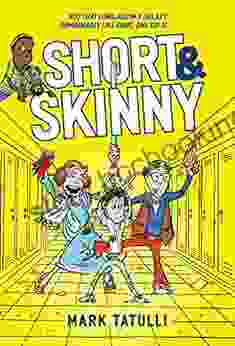
 Truman Capote
Truman CapoteShort, Skinny Mark Tatulli: The Ultimate Guide to a...
Are you tired of being...
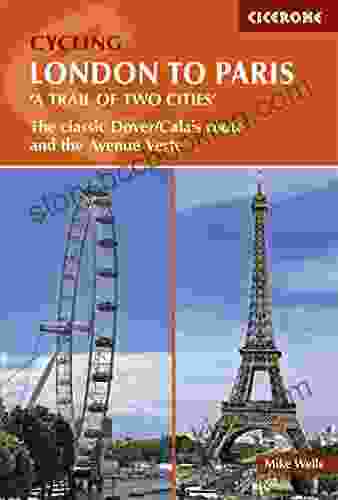
 Robert Heinlein
Robert HeinleinEmbark on an Unforgettable Cycling Adventure: The Classic...
Explore the Timeless...
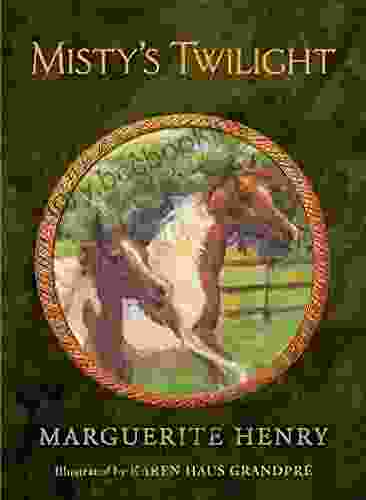
 Bryce Foster
Bryce FosterMisty Twilight: Marguerite Henry's Enduring Masterpiece
A Literary Legacy that...
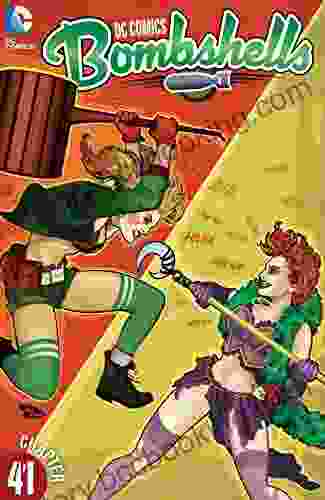
 Anton Chekhov
Anton ChekhovUnleash the Explosive Power of DC Comics Bombshells 2024...
Prepare yourself for an...
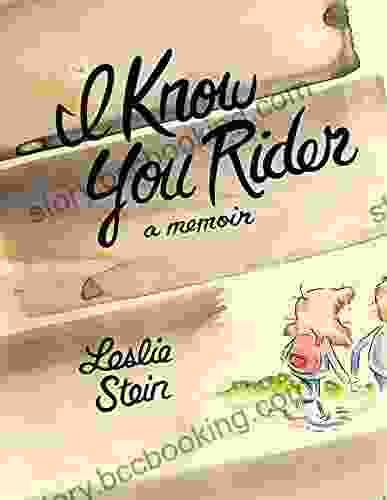
 Juan Butler
Juan ButlerUnleash the Thrill: Discover 'Know Your Rider' by...
Prepare yourself for an...
4.6 out of 5
| Language | : | English |
| File size | : | 2857 KB |
| Text-to-Speech | : | Enabled |
| Screen Reader | : | Supported |
| Enhanced typesetting | : | Enabled |
| X-Ray | : | Enabled |
| Word Wise | : | Enabled |
| Print length | : | 256 pages |


